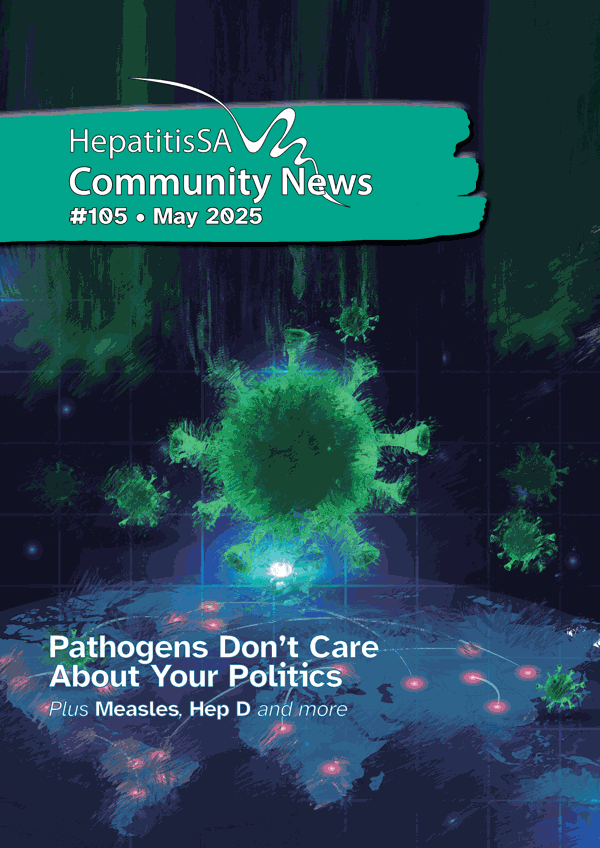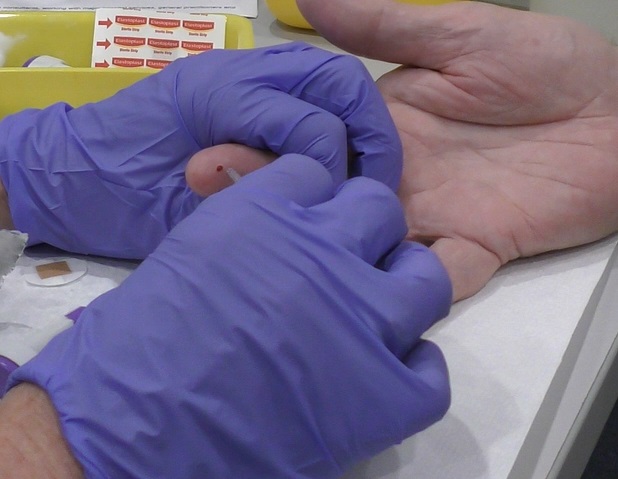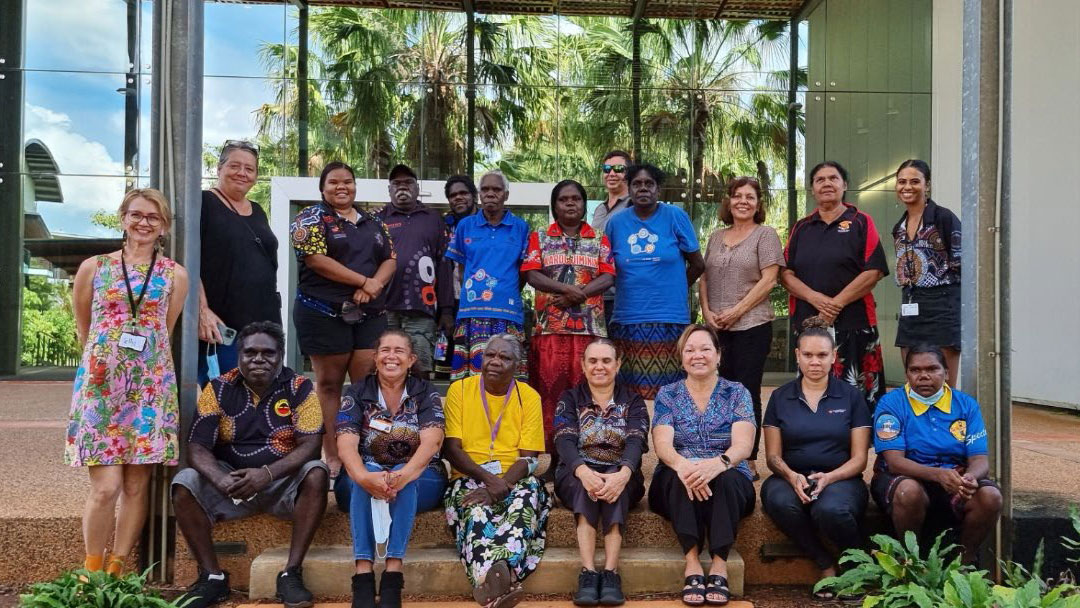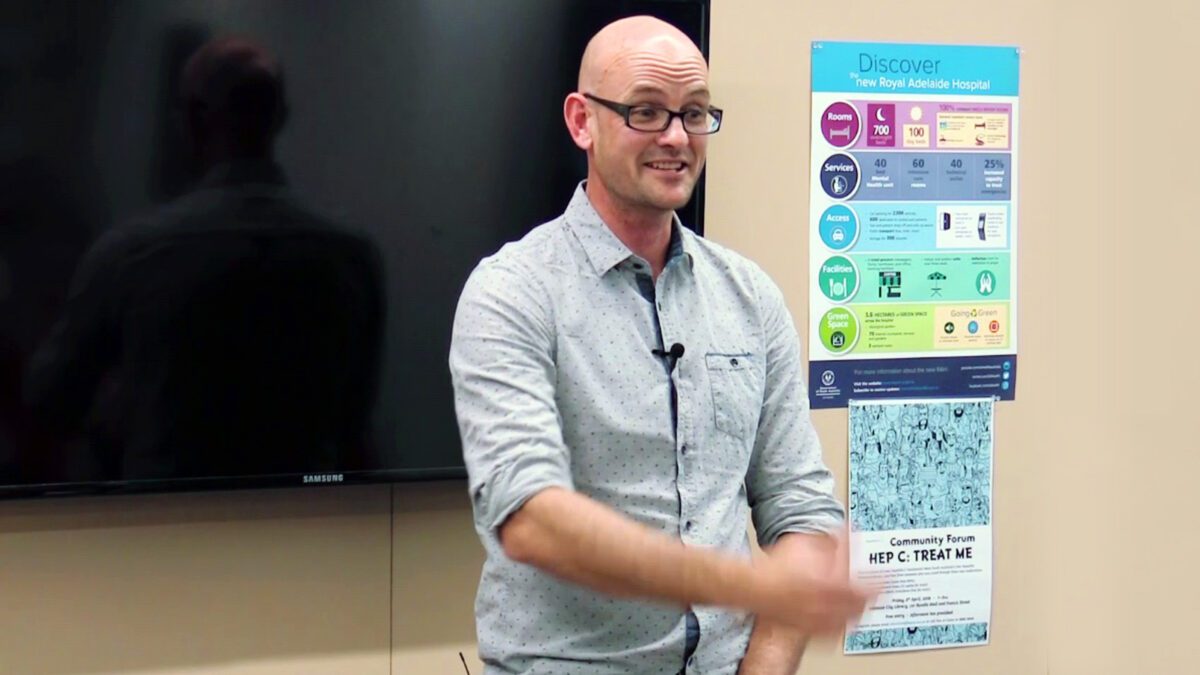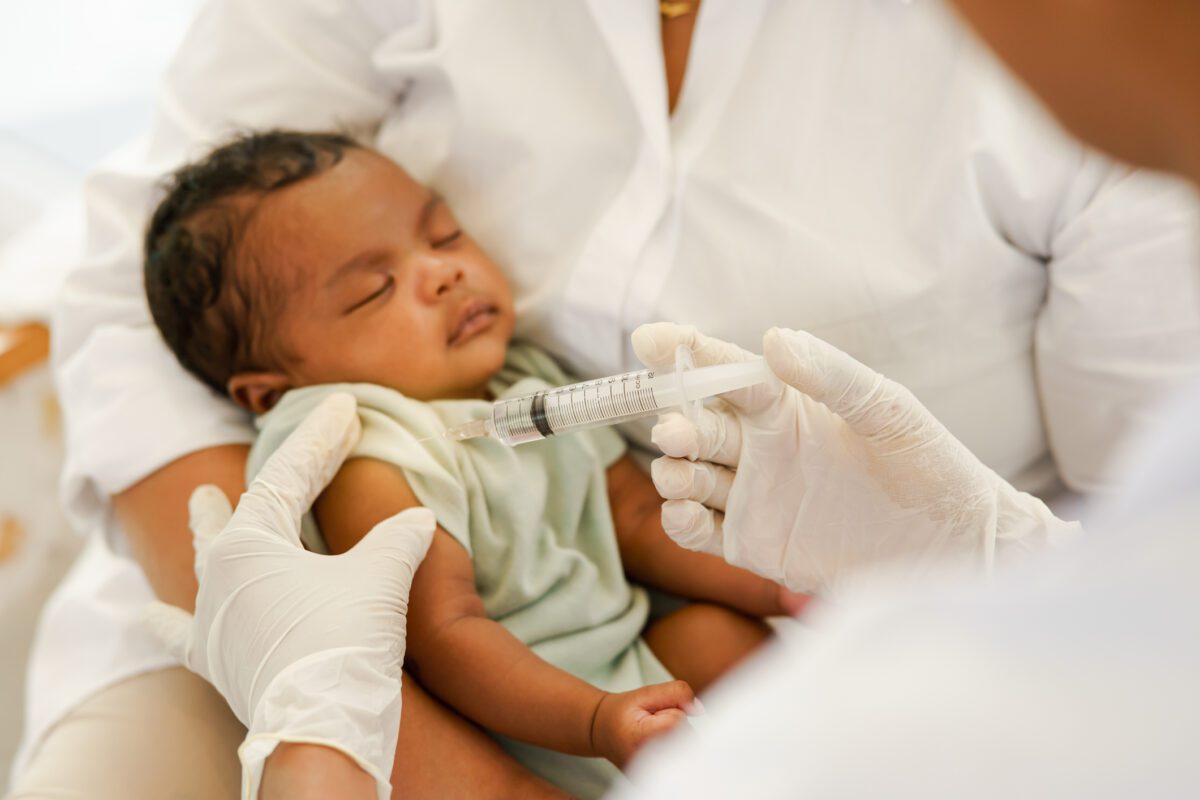A lot of “thankyous” and laughter… not what you’d normally see in a testing clinic but that was the experience at two liver health check clinics Hepatitis SA held recently. Both clinics were delivered at community venues familiar to participants. Even for those who had not visited the venues before, the settings were, nonetheless, culturally familiar to them.
Going to your GP to ask for tests and scans can be challenging for anyone. Add to that cultural and language barriers, uncertainty in navigating the health system, or transport difficulties in getting to multiple locations. Such barriers prevent people from getting the appropriate health checks they need for chronic conditions with little symptoms. Bringing testing and consultation into the community in culturally-friendly environments goes a long way towards breaking down these barriers.
With new Australian data showing an increase in deaths from liver cancer caused by hepatitis B, there is urgent need to ramp up testing and increase clinical monitoring of people living with hepatitis B. Short of universal testing — advocated by Hepatitis Australia — innovative strategies are needed to reach high-risk communities.
Despite the lack of paid workers … community leaders are able to step up to fill the gap in facilitating the clinics.
Building on the success of the first liver health clinic in partnership with the Chinese Welfare Services (CWS), Hepatitis SA delivered a second clinic in March, this time in the suburbs, with the Chinese Association of South Australia (CASA). While CWS was very much part of the community service eco-system, the second hosting organisation, CASA, was a fully volunteer-driven community group with no staff, paid or unpaid.

That the second clinic proved just as successful as the first demonstrates the viability of this model of delivering testing to harder-to-reach communities. The location was so friendly that there was even a drop-in by someone who had concerns about possible liver infection, and was given a test and referral to their GP.
Despite the lack of paid workers to support or liaise with the clinic providers, community leaders are able to step up to fill the gap in facilitating the clinics. South Australian MLC, the Hon. Jing Lee, who visited the second clinic for an overview of the process, even sat down for a discussion with project workers, on which communities might be interested in, and benefit from, similar liver health check events.
The location was so friendly that there was even a drop-in by someone who had concerns about possible liver infection…
The overwhelming response from both testing clinics was one of gratitude: for the ease and convenience, the quality of the service and the fact that it was free of charge.
There were also many who expressed relief, welcoming the “peace of mind” the tests, scan and consultation gave them – especially those living with viral hepatitis or have/had close family members with hepatitis.

One participant in particular, worried about the impact of hepatitis B on their health, was extremely thankful for the fibroscan and consultation with viral hepatitis nurse, Jeff.
“I had been feeling so anxious, especially after my mother passed away from liver failure. I live with hepatitis B and keep asking myself what else can I do? I try to eat healthy, exercise regularly, go for check-ups, but is that enough? What else can I do?
“The fibroscan results was such a relief, and the consultation with the nurse was so useful and reassuring. He explained how the disease progresses and what I can do to keep an eye on it, and what options are available.
“I now feel so much more relaxed about it.”

The testing clinics are part of a campaign in which Hepatitis SA offers hepatitis tests and liver fibroscans to South Australian multi-cultural communities, with a focus on groups deemed to be at higher risk of hepatitis B and/or hepatitis C
Participants are tested for hepatitis B and screened for hepatitis C antibodies. The hepatitis B diagnostic test looks for the hepatitis B surface antigen which is a marker of current infection. The hepatitis C test used in this pilot study is a newly approved test which looks for hepatitis C antibodies which are indicative of prior or current hepatitis C infection. Both tests are carried out with tiny drops of blood extracted via a finger prick. Results for the hepatitis B test is available in 15 minutes, and the hepatitis C antibody test in 60 seconds.

Anyone testing positive for hepatitis C antibodies, indicating they had previously been exposed to the hepatitis C virus, will be given a hepatitis C diagnostic test which returns results in under 60 minutes.
Participants then have a consultation with a SA Health specialist viral hepatitis nurse who will also give them a fibroscan. The hepatitis B and C tests were provided by the Kirby Institute as part of the national Liver Care pilot, the aim of which is to “enhance assessment of liver disease and viral hepatitis among migrants and culturally and linguistically diverse people”.
Hepatitis SA has so far tested 43 people in two clinics and there are plans for more community-based testing with other communities.

Last updated 26 May 2025
More from:
Enjoyed this article? Subscribe to be notified whenever we publish new stories.
Subscribe for Updates

